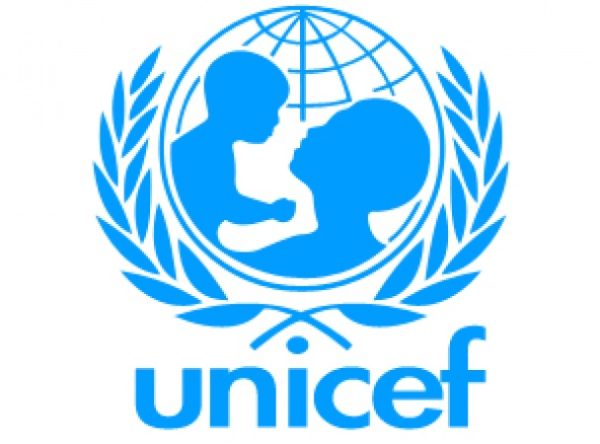The Kaduna State Government, in partnership with the United Nations Children’s Fund (UNICEF), has intensified efforts to improve access to education and healthcare for children and women in hard-to-reach communities.
UNICEF’s Country Representative in Nigeria, Wafa Abdelatef, during a field monitoring visit on Tuesday, assessed interventions aimed at enhancing learning outcomes and healthcare delivery across the state.
The visit began at Government Secondary School, Mararaban Jos, which has been upgraded with support from Fifth Chukker Polo Club, Access Bank, and UNICEF. The facility now offers a safer and more conducive learning environment for students.
The delegation also visited a pilot Integrated Qur’anic Education Programme at Karofi, Zangon-Aya in Igabi Local Government Area (LGA). The programme targets almajiris and out-of-school children, equipping them with foundational literacy and numeracy skills alongside religious education.
Abdelatef expressed satisfaction with the progress, noting that children were benefiting from both religious and basic education. She emphasised the need for quality learning in addition to access, adding that children now attend school three times weekly in a culturally relevant environment. “UNICEF remains committed to supporting the government and communities to sustain these gains,” she said.
The monitoring team later visited an integrated mobile outreach programme at Tudun Kasa, Wuchichiri Ward, Zaria LGA, where health workers provided immunisation, antenatal care, nutrition counselling, and disease screening. Abdelatef praised the large turnout of women and children, highlighting the initiative’s role in saving lives and addressing malnutrition, a major child health challenge in the state. She commended Kaduna for investing in life-saving supplies, including therapeutic foods for severely malnourished children.
Dr. Abubakar Idris, Director of Public Health at the Kaduna State Ministry of Health, said the mobile outreach aimed to deliver comprehensive health services to communities far from health facilities. He explained that the programme included nutrition counselling, immunisation, antenatal care, tuberculosis and malaria screening, as well as demonstrations on preparing nutritious local diets.
Dr. Idris further revealed that Kaduna State had renovated 255 primary health centres and 15 secondary health facilities to strengthen healthcare delivery. He added that the government allocated 16 per cent of its 2025 budget to health, exceeding the Abuja Declaration benchmark, and co-financed nutritional commodities with UNICEF.
At Zangon-Aya, community leader Abdulrasheed Suleiman praised UNICEF’s support for the school, noting that it now provides structured learning that engages children and enhances both educational and moral development. Yakubu Zakari-Yau, Head of the Qur’anic school, acknowledged the role of the state government and UNICEF in improving foundational learning, adding that pupils who previously lacked basic literacy can now read and write confidently.
At Tudun Kasa, Village Head Abubakar Ibrahim thanked the government and UNICEF for bringing essential health services closer to the people, saying the initiative would significantly reduce child mortality and improve maternal health.
Other members of the monitoring team included Nemat Hajeebhoy, Chief of Nutrition, UNICEF Nigeria, and Gerida Birukila, Chief of Field Office, UNICEF Kaduna.


